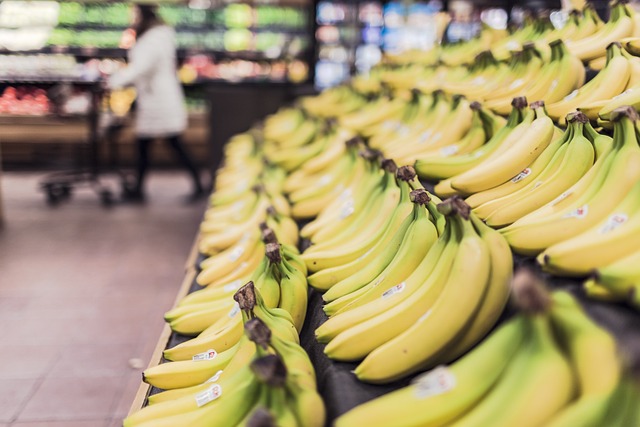Fermented Foods and Beyond: Other Natural Sources of Probiotics
Probiotics are live microorganisms that offer numerous health benefits to the human body. While many of us know that probiotics are present in fermented foods like yogurt, kefir, and sauerkraut, there are a variety of other natural sources of probiotics that are less commonly known.
Kombucha
Kombucha is a fermented tea that originated in China over 2000 years ago. It is made by combining sweetened tea with a symbiotic culture of bacteria and yeast (SCOBY) and allowing it to ferment for several days or weeks. The resulting beverage is rich in probiotics, particularly Lactobacillus bacteria, which have been shown to improve gut health and boost immunity.
Kimchi
Kimchi is a traditional Korean side dish, made from fermented vegetables like cabbage, radishes, and scallions, as well as garlic, ginger, and chili pepper. The fermentation process creates a tangy, pungent flavor while also producing beneficial bacteria like Lactobacillus plantarum and Leuconostoc mesenteroides. These bacteria have been shown to help reduce inflammation in the gut and improve digestion.
Miso
Miso is a paste made from fermented soybeans, grains, or rice. It is commonly used in Japanese cuisine as a soup base or seasoning. Miso contains beneficial probiotics like Bifidobacterium and Lactobacillus, which help to support a healthy gut microbiome. Additionally, miso is also a good source of protein, vitamins, and minerals.
Tempeh
Tempeh is a fermented soybean product that originated in Indonesia. It is made by binding cooked soybeans with a culture of Rhizopus mold and allowing it to ferment for a period of time. Tempeh is a good source of probiotics, as well as protein, fiber, and vitamins. It has a nutty flavor and a firm, chewy texture, and can be used as a meat substitute in many dishes.
Apple Cider Vinegar
Apple cider vinegar is made by fermenting crushed apples with yeast and bacteria. It is a popular ingredient in salad dressings and marinades and is also used as a natural remedy for various health conditions. Apple cider vinegar contains probiotics like Acetobacter and Lactobacillus, as well as enzymes and antioxidants. It has been shown to help improve blood sugar control, aid in weight loss, and promote healthy digestion.
Conclusion
While fermented foods are a well-known source of probiotics, there are many other natural sources that can be easily incorporated into the diet. Kombucha, kimchi, miso, tempeh, and apple cider vinegar are just a few examples of probiotic-rich foods that offer a variety of health benefits. By incorporating these foods into your diet, you can support a healthy gut microbiome and improve your overall health and well-being.







